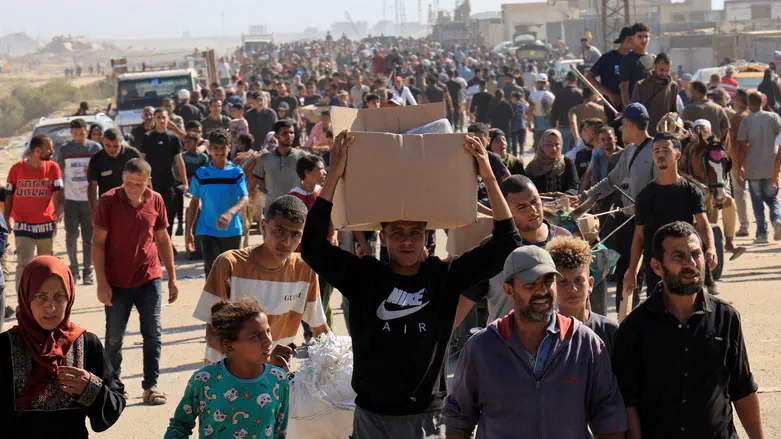Climate change is intensifying a severe water crisis across the Middle East, with Iran and Afghanistan facing unprecedented shortages. Tehran is on the brink of a 'day zero' scenario, as dam reserves and groundwater levels reach historic lows, threatening the city's more than nine million residents. Lake Urmia has shrunk dramatically, and Kabul is rapidly depleting its aquifers, with half of its wells already dry.
The crisis is compounded by decades of poor water management, outdated infrastructure, rapid population growth, and inefficient agricultural practices. Inequality in water access deepens social divisions, particularly in urban centers like Tehran. Climate models predict even less rainfall and higher temperatures, further straining fragile water systems.
Without urgent reforms, the region faces economic disruption, social unrest, and potential conflict over scarce resources. Solutions include reforming water pricing, upgrading irrigation and infrastructure, investing in technological innovations like solar desalination, and fostering regional cooperation. The future hinges on decisive action to build long-term water resilience and avoid humanitarian catastrophe.

 image sourced from original article at
image sourced from original article at 


